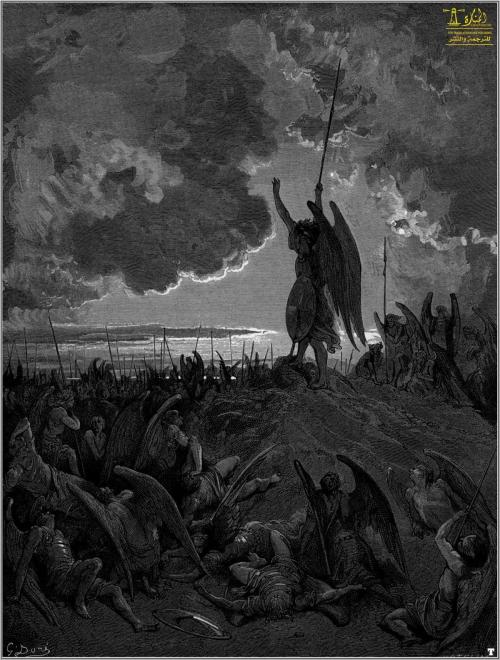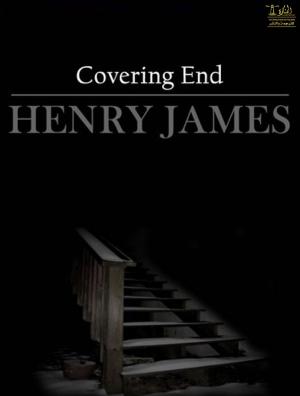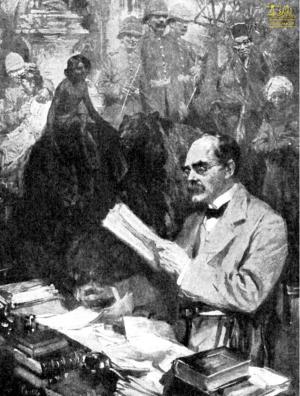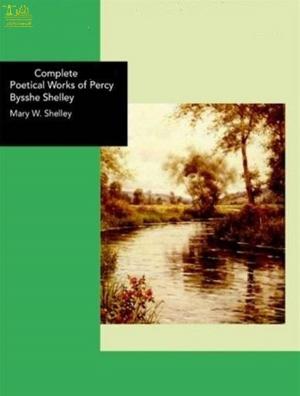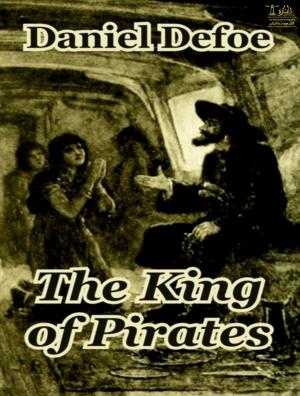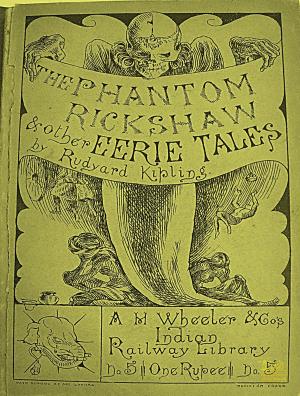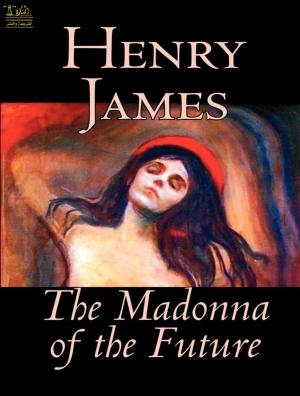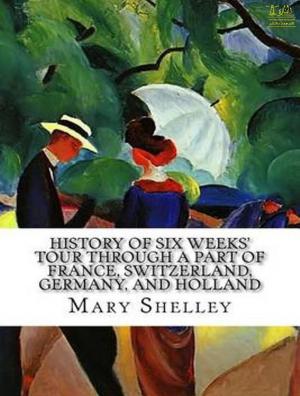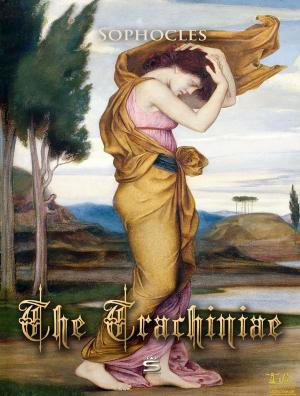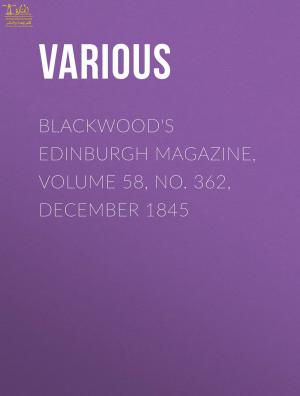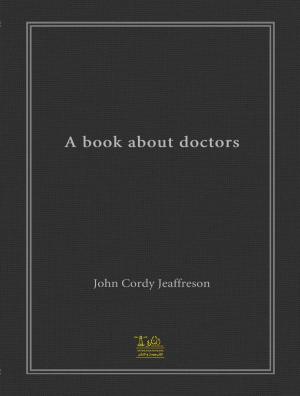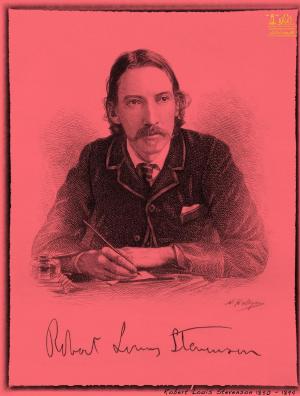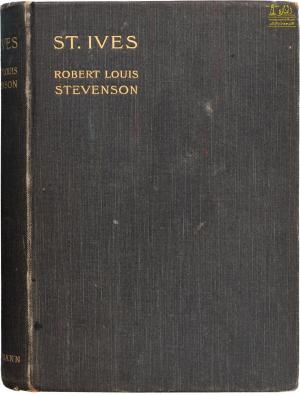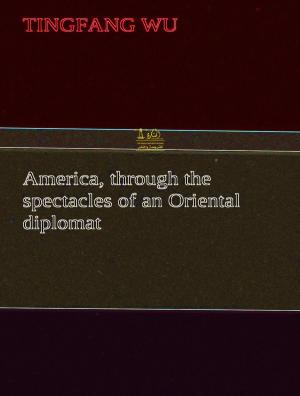Paradise Regained
Nonfiction, Entertainment, Drama, Anthologies, Fiction & Literature, Poetry, Literary Theory & Criticism| Author: | John Milton | ISBN: | 9780599456815 |
| Publisher: | Lighthouse Books for Translation Publishing | Publication: | May 11, 2019 |
| Imprint: | Lighthouse Books for Translation and Publishing | Language: | English |
| Author: | John Milton |
| ISBN: | 9780599456815 |
| Publisher: | Lighthouse Books for Translation Publishing |
| Publication: | May 11, 2019 |
| Imprint: | Lighthouse Books for Translation and Publishing |
| Language: | English |
Paradise Regained is a poem by English poet John Milton, first published in 1671. The volume in which it appeared also contained the poet's closet drama Samson Agonistes.
Milton is best known for Paradise Lost, widely regarded as the greatest epic poem in English. Together with Paradise Regained and Samson Agonistes, it confirms Milton’s reputation as one of the greatest English poets. In his prose works Milton advocated the abolition of the Church of England and the execution of Charles I. From the beginning of the English Civil Wars in 1642 to long after the restoration of Charles II as king in 1660, he espoused in all his works a political philosophy that opposed tyranny and state-sanctioned religion. His influence extended not only through the civil wars and interregnum but also to the American and French revolutions. In his works on theology, he valued liberty of conscience, the paramount importance of Scripture as a guide in matters of faith, and religious toleration toward dissidents. As a civil servant, Milton became the voice of the English Commonwealth after 1649 through his handling of its international correspondence and his defense of the government against polemical attacks from abroad.
Milton’s paternal grandfather, Richard, was a staunch Roman Catholic who expelled his son John, the poet’s father, from the family home in Oxfordshire for reading an English (i.e., Protestant) Bible. Banished and disinherited, Milton’s father established in London a business as a scrivener, preparing documents for legal transactions. He was also a moneylender, and he negotiated with creditors to arrange for loans on behalf of his clients. He and his wife, Sara Jeffrey, whose father was a merchant tailor, had three children who survived their early years: Anne, the oldest, followed by John and Christopher. Though Christopher became a lawyer, a Royalist, and perhaps a Roman Catholic, he maintained throughout his life a cordial relationship with his older brother. After the Stuart monarchy was restored in 1660, Christopher, among others, may have interceded to prevent the execution of his brother.
The elder John Milton, who fostered cultural interests as a musician and composer, enrolled his son John at St. Paul’s School, probably in 1620, and employed tutors to supplement his son’s formal education. Milton was privately tutored by Thomas Young, a Scottish Presbyterian who may have influenced his gifted student in religion and politics while they maintained contact across subsequent decades. At St. Paul’s Milton befriended Charles Diodati, a fellow student who would become his confidant through young adulthood. During his early years, Milton may have heard sermons by the poet John Donne, dean of St. Paul’s Cathedral, which was within view of his school. Educated in Latin and Greek there, Milton in due course acquired proficiency in other languages, especially Italian, in which he composed some sonnets and which he spoke as proficiently as a native Italian, according to the testimony of Florentines whom he befriended during his travel abroad in 1638–39.
Paradise Regained is a poem by English poet John Milton, first published in 1671. The volume in which it appeared also contained the poet's closet drama Samson Agonistes.
Milton is best known for Paradise Lost, widely regarded as the greatest epic poem in English. Together with Paradise Regained and Samson Agonistes, it confirms Milton’s reputation as one of the greatest English poets. In his prose works Milton advocated the abolition of the Church of England and the execution of Charles I. From the beginning of the English Civil Wars in 1642 to long after the restoration of Charles II as king in 1660, he espoused in all his works a political philosophy that opposed tyranny and state-sanctioned religion. His influence extended not only through the civil wars and interregnum but also to the American and French revolutions. In his works on theology, he valued liberty of conscience, the paramount importance of Scripture as a guide in matters of faith, and religious toleration toward dissidents. As a civil servant, Milton became the voice of the English Commonwealth after 1649 through his handling of its international correspondence and his defense of the government against polemical attacks from abroad.
Milton’s paternal grandfather, Richard, was a staunch Roman Catholic who expelled his son John, the poet’s father, from the family home in Oxfordshire for reading an English (i.e., Protestant) Bible. Banished and disinherited, Milton’s father established in London a business as a scrivener, preparing documents for legal transactions. He was also a moneylender, and he negotiated with creditors to arrange for loans on behalf of his clients. He and his wife, Sara Jeffrey, whose father was a merchant tailor, had three children who survived their early years: Anne, the oldest, followed by John and Christopher. Though Christopher became a lawyer, a Royalist, and perhaps a Roman Catholic, he maintained throughout his life a cordial relationship with his older brother. After the Stuart monarchy was restored in 1660, Christopher, among others, may have interceded to prevent the execution of his brother.
The elder John Milton, who fostered cultural interests as a musician and composer, enrolled his son John at St. Paul’s School, probably in 1620, and employed tutors to supplement his son’s formal education. Milton was privately tutored by Thomas Young, a Scottish Presbyterian who may have influenced his gifted student in religion and politics while they maintained contact across subsequent decades. At St. Paul’s Milton befriended Charles Diodati, a fellow student who would become his confidant through young adulthood. During his early years, Milton may have heard sermons by the poet John Donne, dean of St. Paul’s Cathedral, which was within view of his school. Educated in Latin and Greek there, Milton in due course acquired proficiency in other languages, especially Italian, in which he composed some sonnets and which he spoke as proficiently as a native Italian, according to the testimony of Florentines whom he befriended during his travel abroad in 1638–39.
